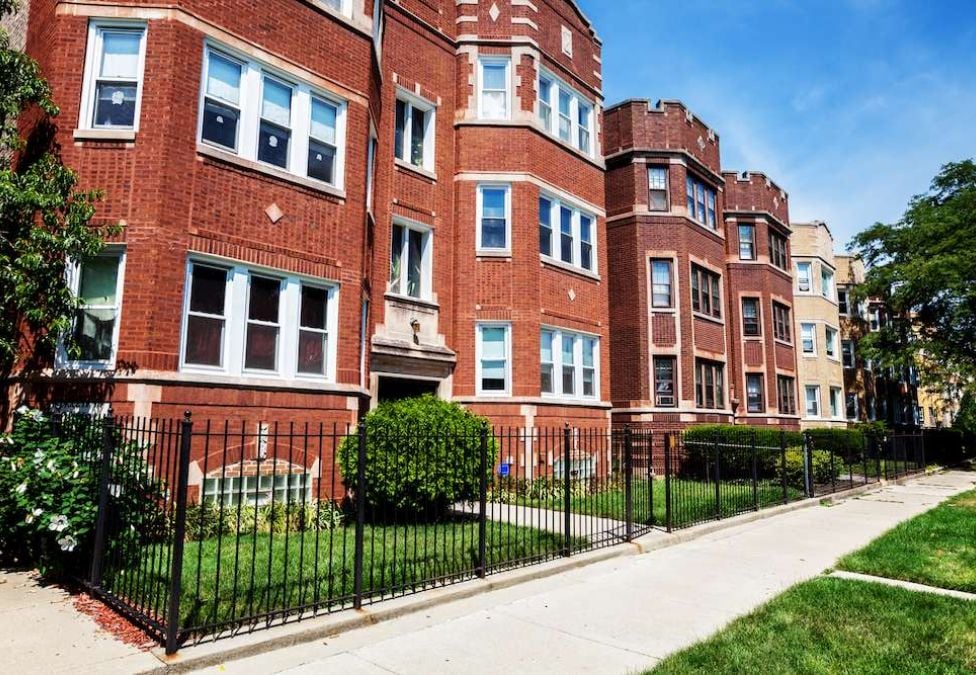Thank You for Downloading
Your download is complete—head to your Downloads folder to explore the insights.

In many US cities, concentrated poverty and chronic disinvestment have resulted in wide social, economic, and geographic disparities. More recently, these same city centers are being revitalized – and as rents outpace wage growth, quality housing is increasingly difficult for low-income residents to access.
In response to this growing crisis, on November 15, 2018, the Milken Institute, in collaboration with AECOM, held a Financial Innovations Lab in Chicago to address affordable housing as a case study for innovative financing and public-private investment partnerships in urban resilience projects, both physical and social.
Given the range of challenges and opportunities across Chicago’s neighborhoods, it is critical that any development strategy be neighborhood specific.
Lab participants were in consensus that the equity portion of the capital stack is consistently the most difficult layer to secure.
Currently, affordable housing is built and financed by key stakeholder groups, many of whom actively participated in the Lab. There is room to include a wider range of participants, such as local philanthropists and corporations.
Unfilled financing gaps can widen quickly with delays, a challenge for developers struggling to ready their capital stacks. Lab participants explored ideas of matching required payments with existing projects, identifying a short-term loan pool, and involving flexible philanthropic capital in the process.